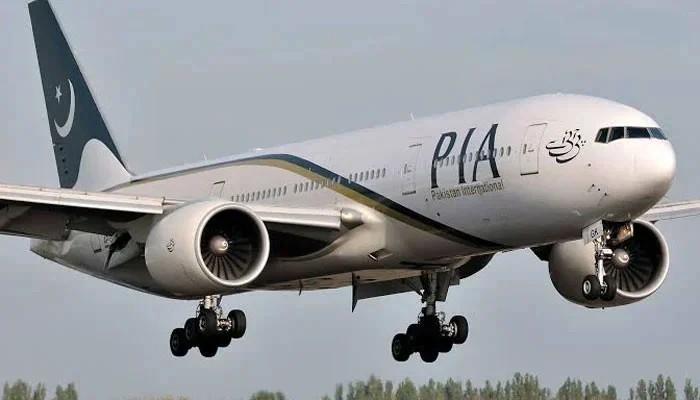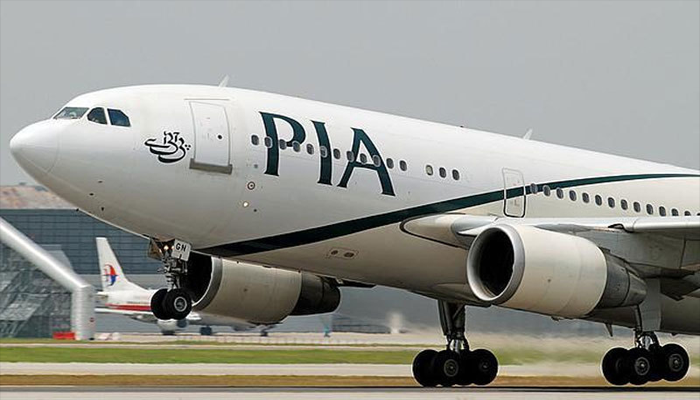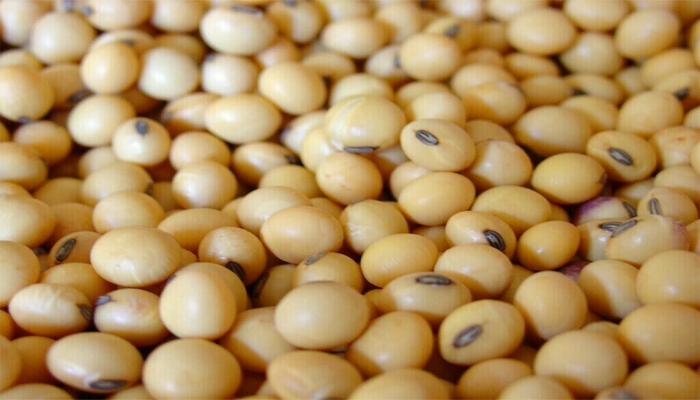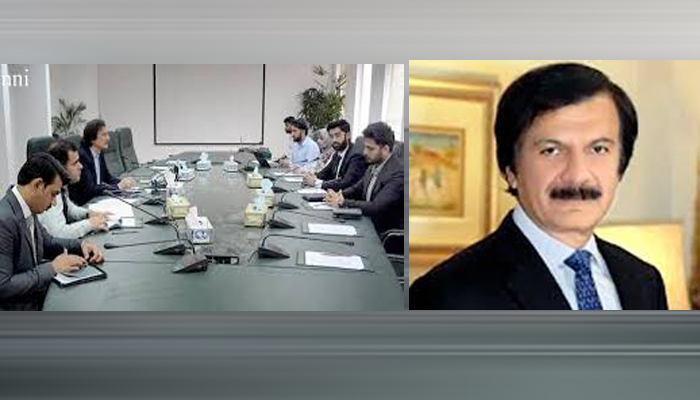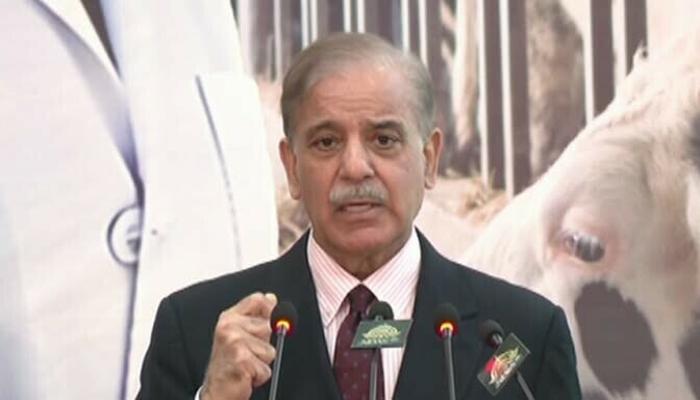ISLAMABAD: In a major turnaround that could mark a pivotal moment in Pakistan's privatisation drive, Pakistan International Airlines (PIA) has posted a net profit of Rs26.2 billion for the fiscal year 2024 — its first profitable year since 2003. The announcement was made by Defence Minister Khawaja Asif, who hailed it as a significant milestone in the national flag carrier's troubled history.
“The airline earned an operating profit of Rs9.3 billion in fiscal year 2024,” said Asif. “This is a significant achievement, marking a real turnaround for the airline.” He highlighted that PIA’s operating margin stood at over 12%, placing it among the ranks of leading global airlines in terms of profitability.
The financial recovery comes after a prolonged period of heavy losses, operational setbacks, and reliance on government bailouts. According to Asif, the profit is the result of strategic restructuring, cost-cutting measures, and focused reforms.
“We introduced comprehensive reforms under a strategy of route optimisation and financial discipline,” he said. These included cutting nearly 30% of the workforce, cancelling unprofitable routes, and enhancing fleet efficiency — part of a broader restructuring plan aimed at making the airline more attractive for privatisation.
The PIA Board of Directors has approved the 2024 annual results, with the airline reporting earnings per share of Rs5.01 for the year ending in December. Bloomberg, citing audit documents, noted that this marked a major turnaround for the airline, which had been on the brink of default in recent years due to mounting losses and ballooning debt.
Once plagued by cancelled flights and international aircraft seizures, PIA has survived mainly due to consistent government bailouts. However, those lifelines have now dried up, pushing the government to expedite its privatisation agenda.
A previous attempt to privatise the airline failed when the sole bid submitted fell far short of the government's minimum target of $306 million. In response, authorities have taken steps to sweeten the deal, including wiping out nearly three-quarters of the airline's debt from government books.
“All the debt has been cancelled, and former bidders have shown renewed interest,” said Usman Bajwa, Secretary of the Privatisation Commission, in comments to Bloomberg.
Despite holding a 23% share of the domestic market, PIA’s 34-plane fleet faces stiff competition from Middle Eastern carriers, which dominate with 60% of the market. Limited direct flight options and underutilisation of international agreements and landing slots have further hindered PIA’s competitiveness.
Nonetheless, the recent financial performance has injected new hope into the airline's future — both operationally and as a candidate for privatisation — marking what could be the start of a new chapter for PIA.

